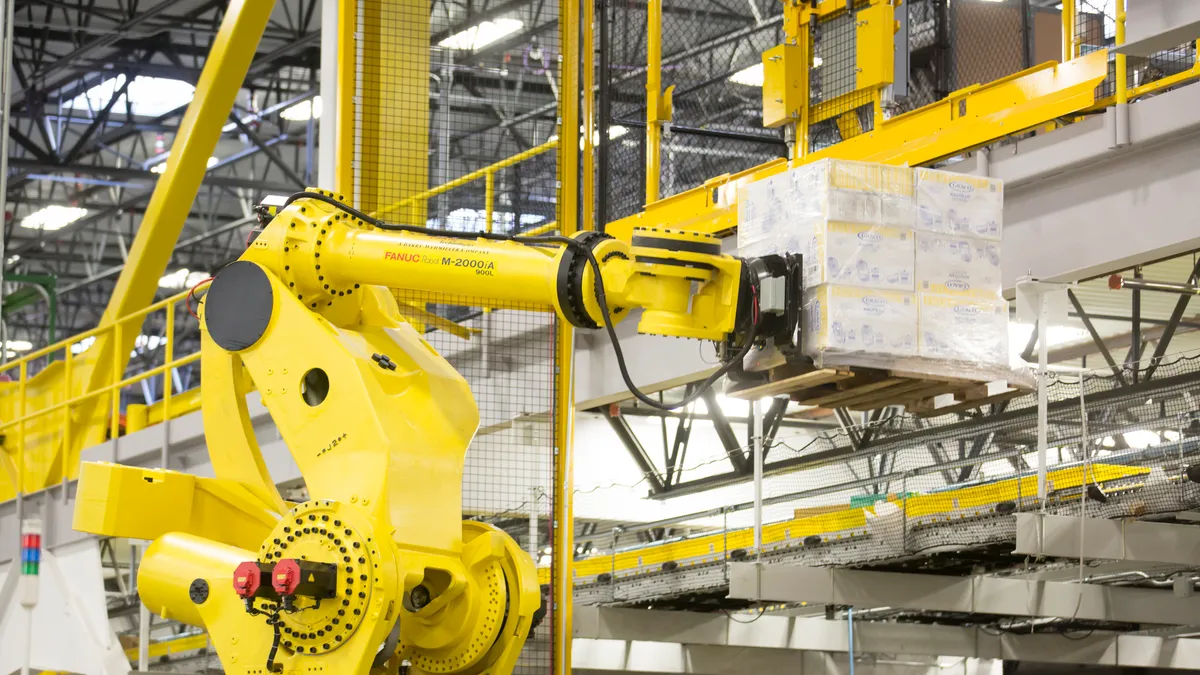Dive Brief:
- The U.S. Consumer Product Safety Commission filed a lawsuit against Amazon last week that aims to force the company to issue a full recall of potentially hazardous products sold on its site, according to the agency.
- The agency specifically pointed to "24,000 faulty carbon monoxide detectors that fail to alarm, numerous children's sleepwear garments that are in violation of the flammable fabric safety standard risking burn injuries to children, and nearly 400,000 hair dryers sold" without necessary protections against electrocution.
- According to the CPSC's complaint, Amazon removed some of the products from its store and contacted customers, but the agency said those actions were "insufficient" to remediate the situation. In an emailed statement, an Amazon spokesperson said the company removed "the vast majority of the products in question" and issued refunds.
Dive Insight:
In suing Amazon, the CPSC has followed logic already tested out by some consumers and brand owners that have sought to hold the e-commerce giant responsible for hazardous and counterfeit products sold through third parties on its website.
As one example, Amazon was sued by a customer after a dog leash sold on its Marketplace malfunctioned, retracted and blinded the customer. In 2019, a split group of federal circuit judges, in arguing for the company's liability, pointed to Amazon's extensive involvement in the sale process for third-party sellers on its site. They also argued that Amazon is "uniquely positioned to receive reports of defective products," which could get those products removed. That case was eventually sent to the state level and settled before a decision was made at the Pennsylvania Supreme Court.
Brands have taken up similar lines of reasoning in suing Amazon over counterfeits. Lawyers have taken aim at Amazon's claims to be a neutral platform by pointing out its extensive control over the sales process on its website as well its role as a logistics provider to many of its sellers.
Now the CPSC has adopted similar logic in seeking to force Amazon to issue full product recalls. The agency spends several hundred words detailing Amazon's Fulfilled By Amazon service to its sellers as well as outlining the company's multi-faceted role in sales on its website.
The agency concludes that Amazon "acts as a 'distributor' of its FBA products by" receiving, storing and holding, and prepping and delivering products. As such, the agency deems that Amazon has the same legal responsibilities as other distributors.
As other retailers try to replicate the financial success of Amazon's third-party marketplace, they are running into similar legal quagmires. Walmart, for instance, was recently sued by rapper Kanye West and his Yeezy brand over a pair of knockoff shoes sold over the retailer's website.
The CPSC is seeking to make Amazon pull listings for all products noted in the complaint, issue full refunds as well as a CPSC-approved notice to customers, and to destroy all returned products from the recall.
For its part, Amazon said that it removed most products already and issued refunds. "For the remaining few products in question, the CPSC did not provide Amazon with enough information for us to take action and despite our requests, CPSC has remained unresponsive," a company spokesperson said.
Further, the company says that it already has a robust program to rid its site of dangerous goods. "Amazon has an industry-leading recalls program and we have further offered to expand our capabilities to handle recalls for all products sold in our store, regardless of whether those products were sold or fulfilled by Amazon or third-party sellers," a company spokesperson said. "We are unclear as to why the CPSC has rejected that offer or why they have filed a complaint seeking to force us to take actions almost entirely duplicative of those we've already taken."
















